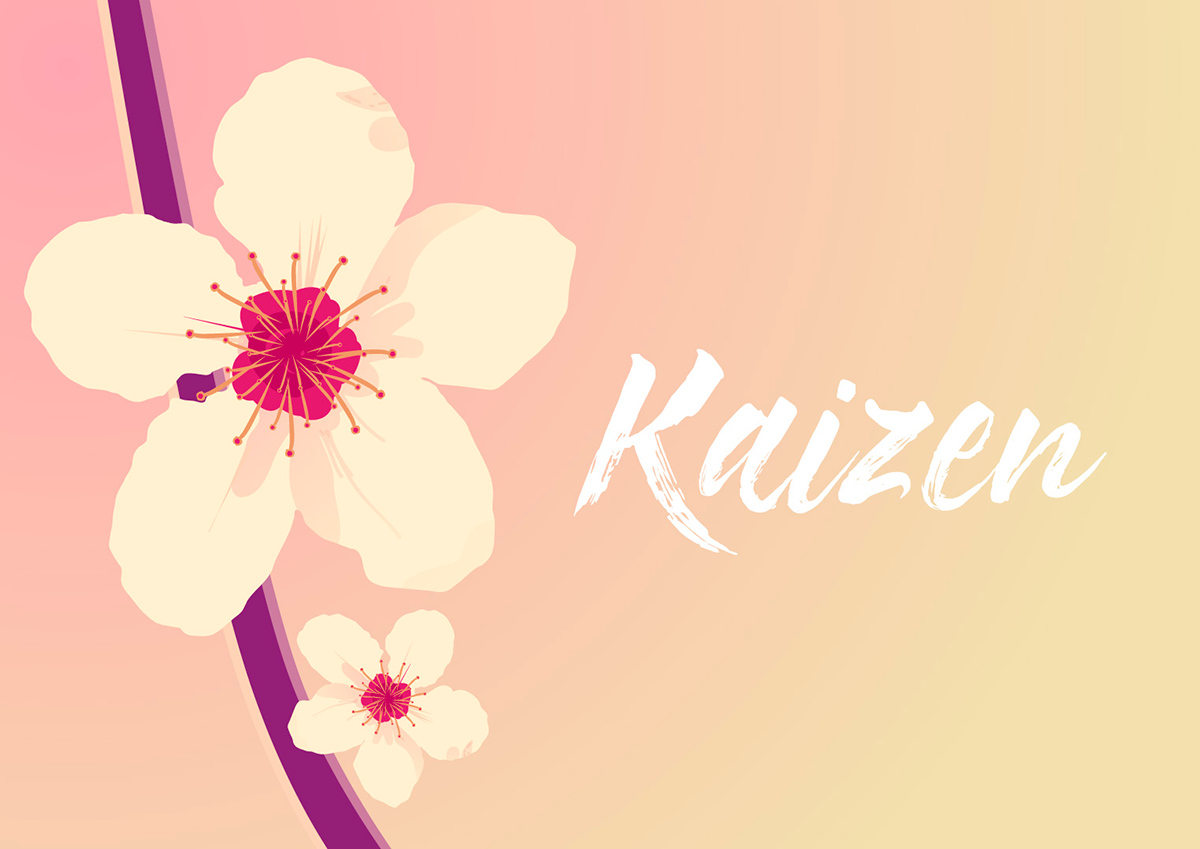
The values of Japanese-style work
- December 27, 2018
The Japanese model of work may seem exotic to the eyes of the Europeans, too rigid and subjected to the needs of the group. And however, its values seek to give meaning to the many hours we spend working, and to make them more humane.
“The Japanese miracle” owes its success to the various philosophies of work that emerged in the 20th century, with the objective of creating rational and effective work “with humanism”, and which are now extending around the world. Below, we make a review of some of its most popular philosophies.
Kaizen Philosophy
Kaizen is the most popular philosophy. It was developed in the 1980s by management consultant Masaki Imai, as an evolution of the Toyota style. It seeks to achieve continuous advancement through small achievements along the way to the best. Small steps every day lead to continuous improvement.
According to the Japanese Kaizen or “continuous improvement” philosophy, each employee is committed to his work, his colleagues, his customers and his company. He is aware of the excellence of the process, ready to solve any failure in the most accurate and quickest way. His attitude contributes to the continuous improvement of the company and the welfare of others.
Despite the fact that the Kaizen Institute is present in more than 35 countries to offer consultancy and training on this method, in Europe several critical voices consider it a rigid system, oriented towards workers who identify strongly with the company and to the benefit of the group, which leaves no place for individual creativity. According to Borja Iglesias, its director of operations in Spain, in El País, although the model has to be adjusted to each country, it is universal because it seeks to listen to and value the workers and give them autonomy to work better.
Kaizen Institute promulgates six principles derived from the Kaizen philosophy around the world, which are as following:
- Instead of trying to solve big problems at once, it is better to make a small first step towards a solution.
- Create a simple first challenge, and so on. From challenge to challenge you keep a positive attitude, away from the stress and fear of not being able to.
- Propose partial goals and work progressively.
- Same for mistakes: instead of looking for guilt for a failure, it is better to break it down into small mistakes that can be solved.
- For the working years to make sense, they must be accompanied by actions that make us happy.
- And moments of relaxation, which open our minds to new solutions or allow us to confront our ideas with those of other colleagues.
The key to this philosophy is to empower employees by giving them full responsibility for the quality of their work. This has repercussions both on the quality of the finished products and on a more meaningful work for them.
Ikigai Philosophy
As with the Jidōka system, the Ikigai philosophy focuses on making work a valuable contribution to people’s lives. This is not easy in a country like Japan, where workers work an average of 80 hours of overtime per month.
“Well Being, Well Doing, Well Being and Well Having” emphasizes certain values as a way of achieving personal fulfillment and business success: acting with honesty and working correctly to achieve the Well Being, which is followed by the Well Having.
5S method
For 5S, on the contrary, the professional success lies, as it explains challenges-directives, in:
- Seiri: differentiating the important from the accessory.
- Seiton: order and organization.
- Seiso: cleanliness in the work space.
- Seiketsu: assuming that the previous points must be fulfilled.
- Shitsuke: establish quality standards.
These Japanese philosophies seek to grow as professionals and for each person to make a crucial contribution to teamwork. Welfare and the spirit of self-improvement are the principles on which they are based.
People First es un espacio de inspiración donde compartimos contenidos con un eje común: las personas. Desde distintas ópticas y sectores, abordamos varios temas, tendencias y noticias de interés humano.





